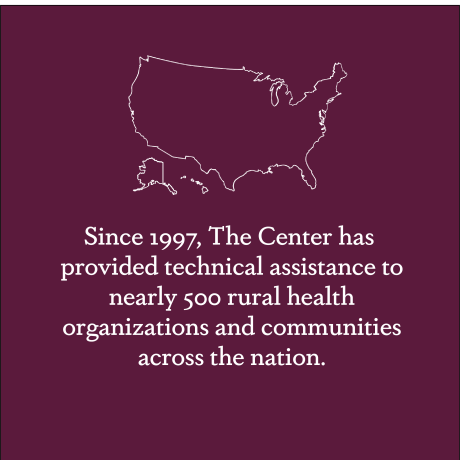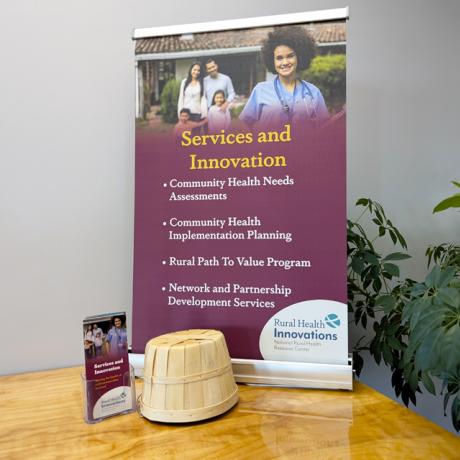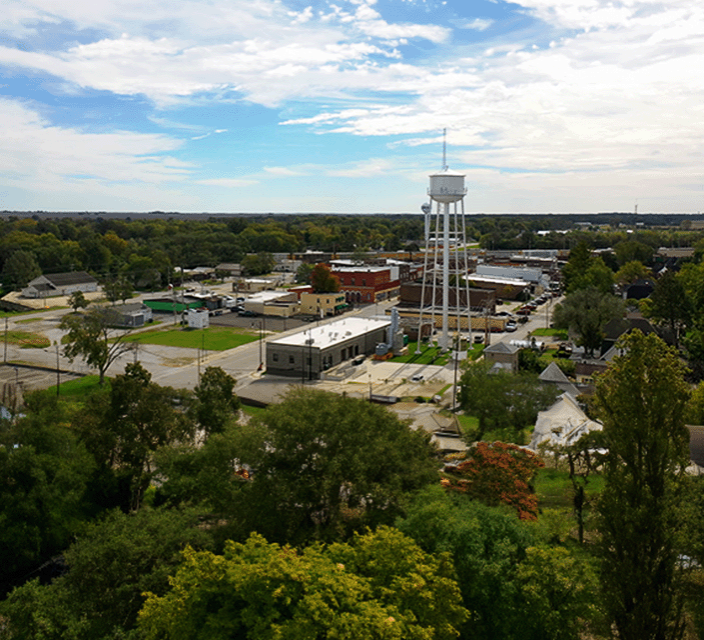
We Know Rural
For almost 40 years, The Center's staff has provided technical assistance, information, tools and resources to the country's rural hospitals and clinics, rural health networks, State Offices of Rural Health and other rural stakeholders.

Services to Meet Your Needs
Rural Health Innovations, The Center’s consulting arm, offers a range of community and population health, and strategic planning services customized to match the needs of rural hospitals and health systems, and other rural health organizations.
Customer Testimonials

Meet Our Experts
Our staff — a mix of subject matter experts, educators, facilitators and other professionals, many of whom have rural lived experience — have the pulse on rural health.

Resources for Industry Leaders
Browse or search our Resource Library to find hundreds of assessments, toolkits, FAQs, podcasts and other materials developed to help sustain and improve health care in rural communities.
Upcoming Events
No upcoming events are currently posted. Please check back later. All events
